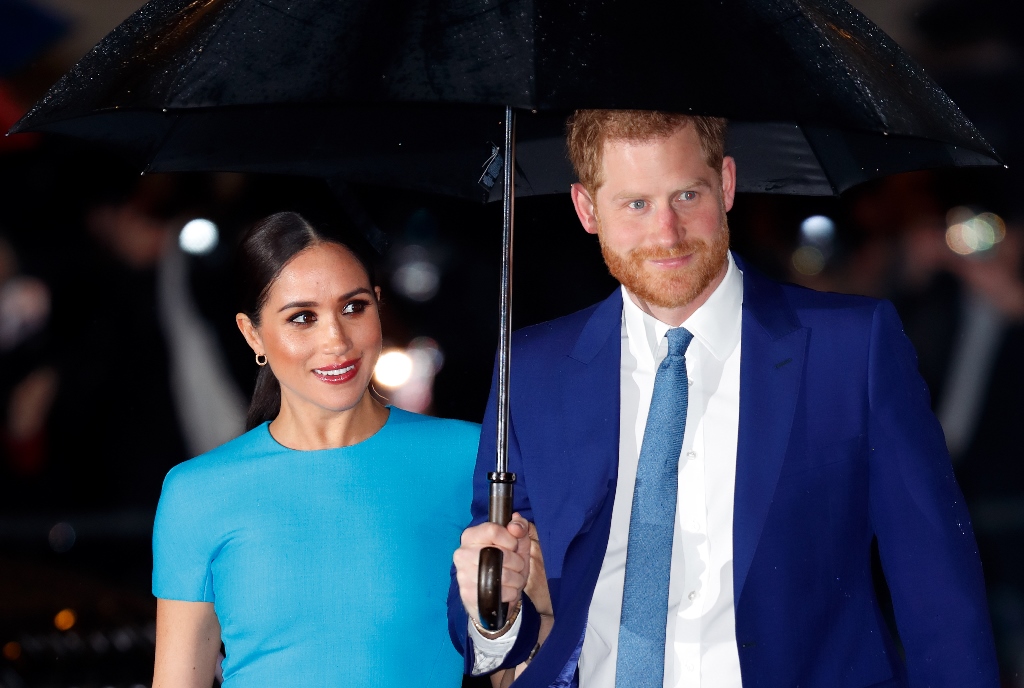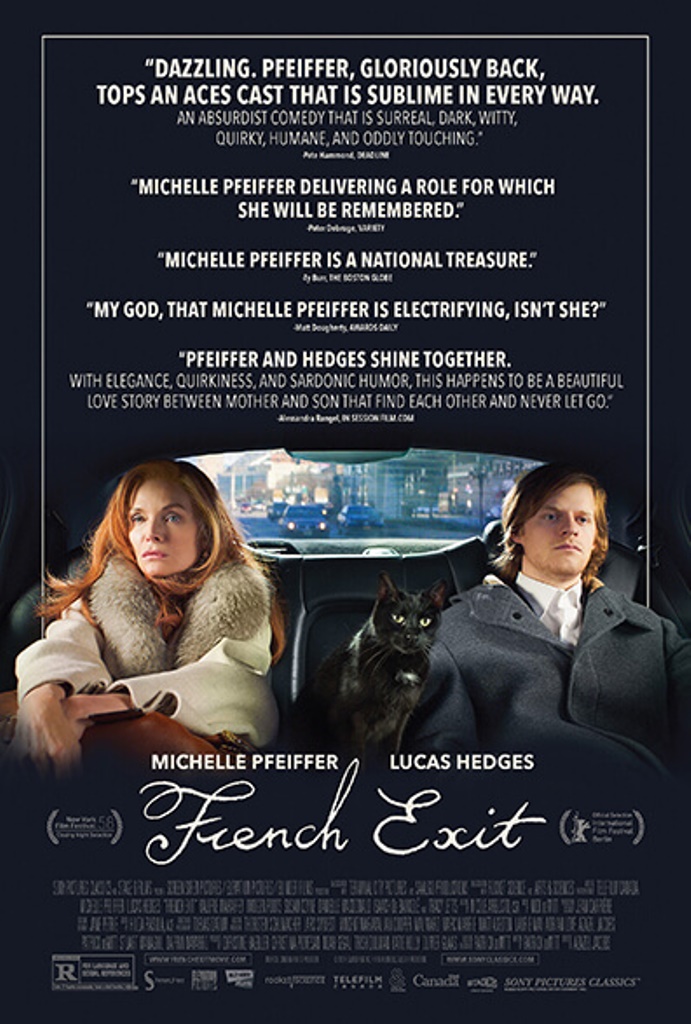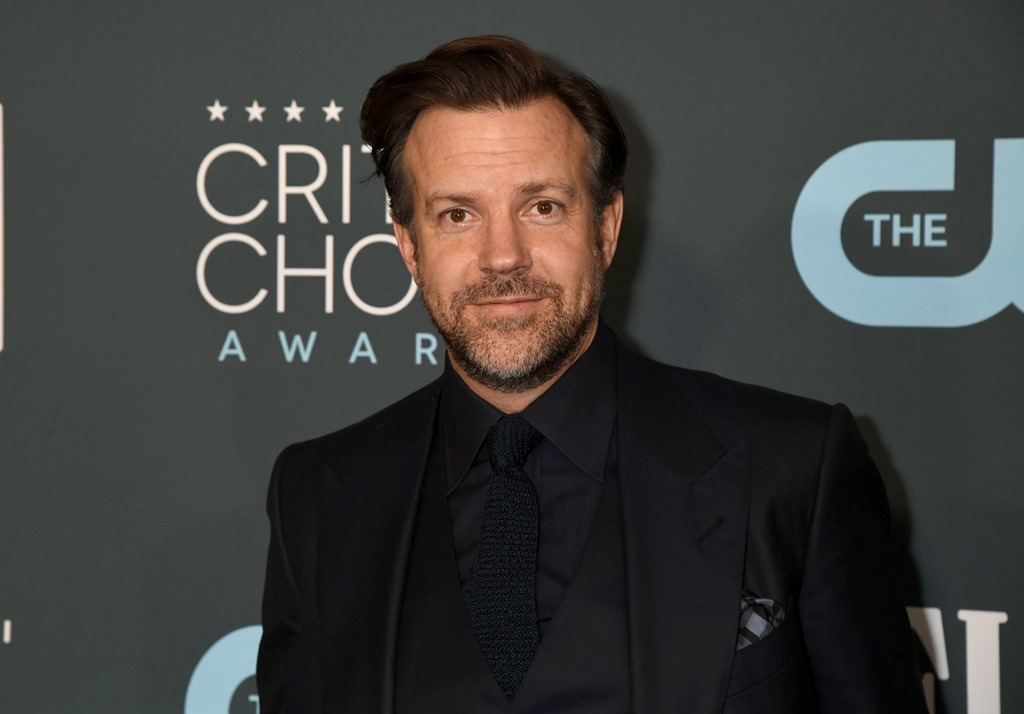Prince Harry: “Loved and Led Astray”?



Well, it’s been the talk of the week, as it usually is where Prince Harry and Meghan Markle are concerned and this week has been a big one with the news that Meghan is pregnant with their second child and that they’re to be interviewed by Oprah Winfrey for a 90-minute CBS special airing on March 7. Pretty sure nobody is happier about all of this than CBS. Because people cannot stop talking about it.
Yesterday the NYT published a piece about the situation and how the British press are reacting to the latest Sussex developments. As you know, there’s been all kinds of criticism about the couple making their pregnancy announcement and doing the interview and whether or not they’re disrespecting the Queen and the royal institution and losing their patronages and etc etc etc. Several royal commentators and reporters are interviewed and while the writer does subtly shade the British media for their ridiculous coverage, the people who participate in the article are also members of the British media who’ve contributed to the gross way that Harry and Meghan have been treated by the press. This is not exactly a diverse group – which is exactly an issue that needs more scrutiny. We need representation at all levels, and definitely in media, so that stories can be told through multiple lenses. Royal reporters in the UK are primarily white and they’ve been around a while so the likelihood of there being a difference in perspective is, well, will there be a range? Has there been a range?
Here, for example, is an example of a certain narrative that generally hasn’t been challenged in the loudest corners of the British press – a quote from Penny Junor at the end of this piece seemingly laying down the conditions for how Harry and Megan can make it up to them:
“If they came back and did lovely shots for the press with their babies, I think the press could be very favorable,” Ms. Junor said. “Fundamentally, he was very much loved. But there are lot of people who think she led him astray.”
First of all, imagine dictating to Harry and Meghan how they should serve themselves and their babies up to the British press in exchange for … I dunno…some decency. Like that’s an even trade. But also, the whole idea that Meghan “led [Harry] astray” – thirty years ago, or whatever, forty years ago, just not in 2021, that kind of sh-t was tolerated and even encouraged, the misogyny of it all was standard. Some of us may have even been raised in it (my hand is up). Now though? We can’t be reflexing to “that shrew led him astray” angle, especially in this case when we’re talking about a Black woman who’s been characterised as an interloper, crashing into the royal family and stealing things. The undercurrent in that sentiment is offensive. Also, it assumes that Harry has no agency, that he’s just been waiting around his whole life for a woman to tell him what to do without considering the possibility that he wanted out, and maybe even wanted out more than Meghan did?
Remember when Prince William delayed taking on full-time royal duties because he wanted to continue serving in the RAF? There was some criticism about this but the bigger point is that for a while there, he wasn’t interested in rushing into royal life. We’ve also heard a lot about Harry’s time in the military; he served two tours in Afghanistan, out of duty, of course but also it’s well-known that he preferred being away from the royal structure, among non-royals, and he has spoken often, even before meeting Meghan, of the rigidity of royal life, particularly in relation to how difficult it was to find a partner who’d be willing to take it on alongside him. Several of his former girlfriends did not want any part of that and over the years, both Harry and William have wistfully discussed what it would be like to be “normal” aka not royal.
For everyone else who is not royal, and especially for most of these old school royal reporters, it seems unimaginable to not want to be royal, to not have access to those privileges. I get it. You get it. We aren’t royal. But that’s actually not the case for royals themselves. Part of that is naivete – they obviously don’t know how challenging it is to live without privileges – but not everyone is Prince Andrew who exploited the f-ck out his royal status and only wanted to be MORE royal and not less. For royals of William and Harry’s generation, though, being not royal may actually have been the ultimate fantasy. Harry, now, seems to have realised it.
I wouldn’t call that being “led astray”. I’d call that finding someone to escape with. To go back to the NYT piece then, and the royal experts who were interviewed for it, it would be have been interesting to get that counterpoint in the reporting. That would have been my follow-up question to Penny Junor.

